 onlinediplomasales@outlook.com
onlinediplomasales@outlook.com
 WhatsApp: +86 15079964823
WhatsApp: +86 15079964823
Can buy a Harvard university extension school certificate Bachelor’s degree?
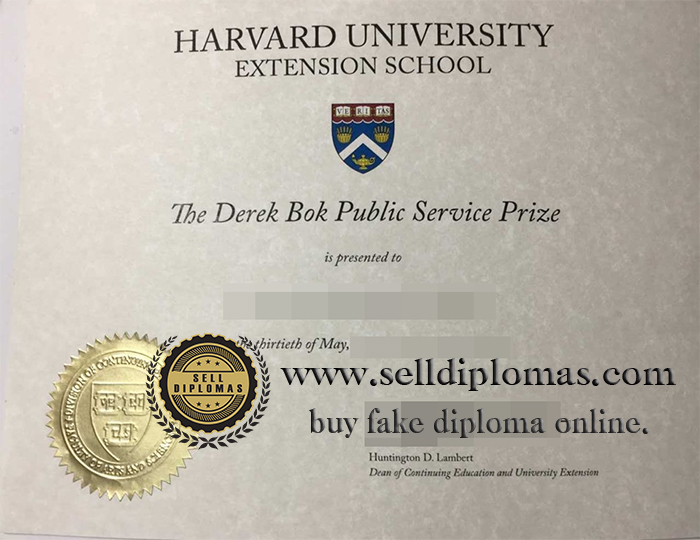
where to buy Harvard university extension school diploma certificate Bachelor’s degree?how to buy Harvard university extension school diploma certificate Bachelor’s degree?buy Harvard university extension school fake diploma certificate Bachelor’s degree
Harvard Extension School (HES) is the Continuing Education School of Harvard University, a private Ivy League research university in Cambridge, Massachusetts. Established in 1910, it is one of the oldest liberal arts and continuing education schools in the United States. Part of the Faculty of Arts and Sciences, Extension offers both part-time, open-enrollment courses, as well as selective undergraduate ALB and graduate ALM degrees primarily for nontraditional students. Academic certificates and a post-baccalaureate pre-medical certificate are also offered.
Established by then-university President A. Lawrence Lowell, HES was commissioned to extend[6] education, equivalent in academic rigor to traditional Harvard programs, to non-traditional and part-time students, as well as lifelong learners. Under the supervision of the Harvard Faculty of Arts and Sciences,HES offers over 900 courses spanning various liberal arts and professional disciplines, offered in on-campus, online, and hybrid formats. These courses are generally available to both its matriculated students and to the general public.
For matriculation, HES places significant weight on an applicant’s academic transcript at Harvard rather than previous academic work. According to Harvard’s current guidelines, students are required to achieve a minimum 3.0 GPA in degree-credit coursework in order to matriculate. Once this academic criterion is met, applicants must submit a formal application, which is subsequently reviewed by a committee. Matriculated students have additional benefits such as convocation, graduation, cross-registration, teaching assistant, faculty research aid, and supervised senior thesis or research paper; they also, as students of Harvard University, have access to the full resources and the broader academic environment of Harvard.
James Hardy Ropes, Extension’s first dean, said that “our aim will be to give the young people of Boston who have heretofore been prevented from securing a college education the same instruction they would receive were they undergraduates at Harvard [College].” He added that “many persons who wish that they had a college education will be able to get gradually an effective substitute for it–in some respects more effective than the ordinary college education because of the greater eagerness and maturity of such students.”
In the early years, a commission composed of several Boston area schools ran the courses, though it was largely a Harvard-run program.[14][15][16] Early faculty included Charles Townsend Copeland, William Yandell Elliott, William L. Langer, Oscar Handlin, Perry Miller, John Kenneth Galbraith, and Frank M. Carpenter. During the 1920s, affiliates traveled around New England to teach courses offsite. While they were primarily aimed at teachers, courses were offered whenever 40 or more students expressed an interest.[18] Professors traveled on a weekly basis to places as far away as Yonkers, New York,[18] some 200 miles away.
Lowell’s bequest limited tuition to no more than “two bushels of wheat.” During the Great Depression, this amounted to roughly $5 per semester course.[19] Several years after his retirement, President Lowell wrote that the Extension courses “have given a service to the public … which seems to me of the utmost importance.” In his will, John Lowell asked his successors to develop courses “more erudite and particular corresponding to the age.”By the 50th anniversary of the Commission of Extension in 1960, more than 1,400 courses had taught to over 85,000.
In the 2010s, more than 100 years after its founding, the Extension School’s classes were described as “surprisingly affordable” and the school itself was said to be a “thriving institution.”



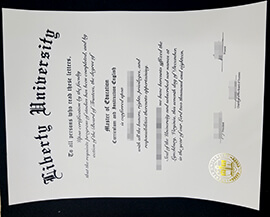
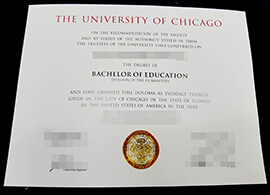
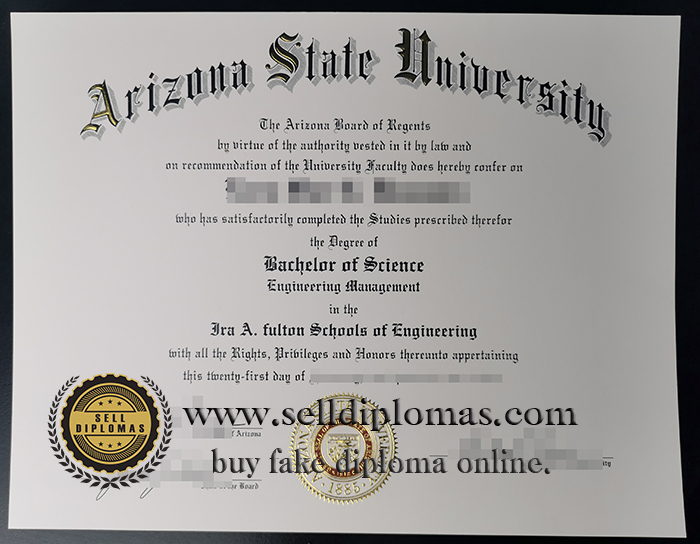
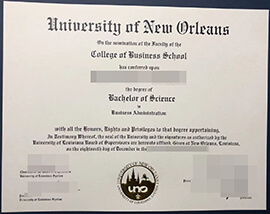

 WeChat Code
WeChat Code  WhatsApp Code
WhatsApp Code